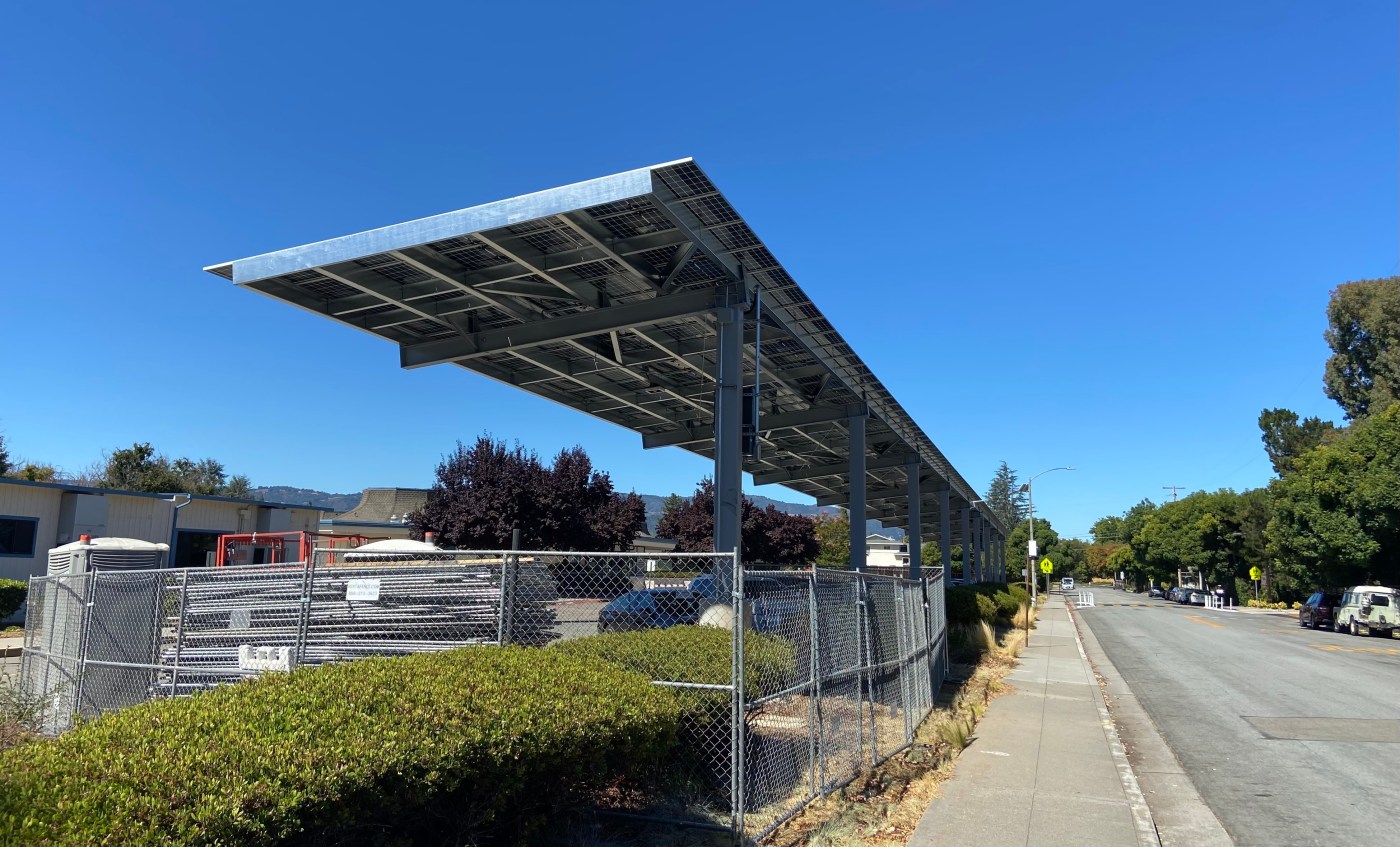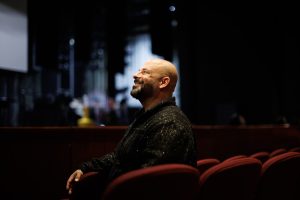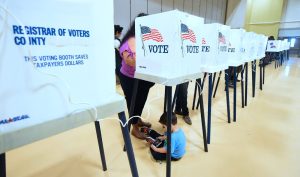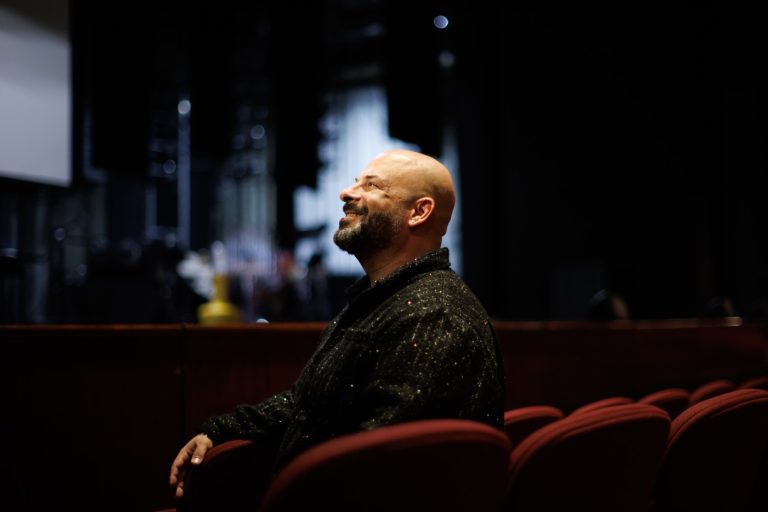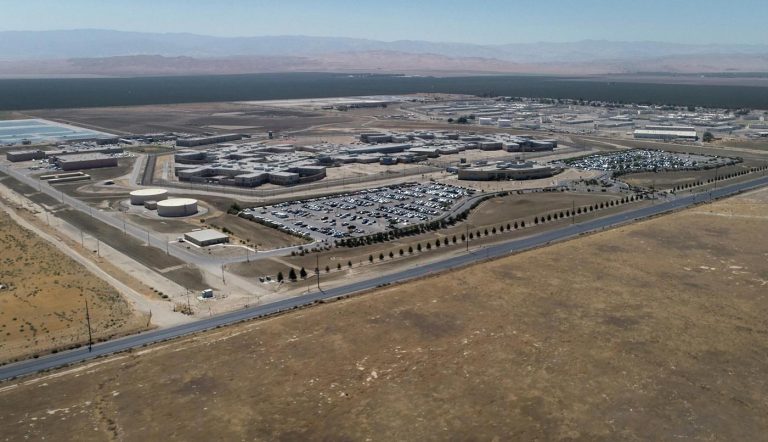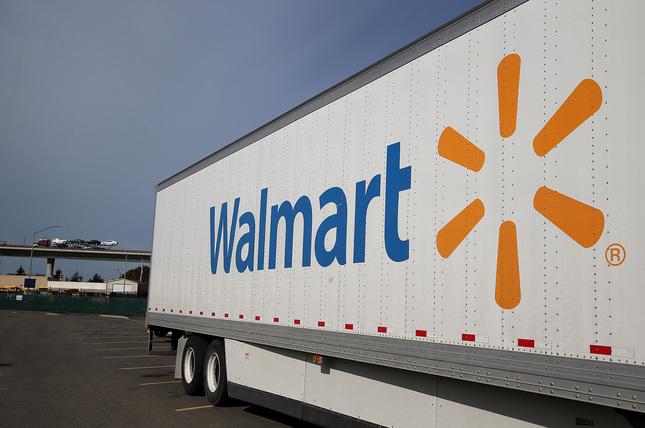A South Bay school district is installing dozens of solar panels and electric vehicle charging stations at their elementary and middle schools — and apparently the ambitious energy project is worrying more than a few residents.
It’s an initiative that Cupertino Union School District officials say will help reduce the district’s carbon footprint and provide educational opportunities for students.
But many living near the schools are complaining that they’ve been left in the dark about the details, and are calling on the district to provide more information about the project and its impact on local neighborhoods.
“I would’ve expected more information about what’s happening,” said Bharath Pattabiraman, who lives near Stocklmeir Elementary in Sunnyvale, “It’s going to have a significant impact on our neighborhood and day-to-day life.”
In February, the Cupertino Union School District — which consists of 17 elementary schools and five middles schools across Cupertino, San Jose Sunnyvale, Santa Clara, Saratoga and Los Altos — announced it will collaborate with the energy company ENGIE North America to install 5.1 megawatts of solar photovoltaic — which is around 20 to 30 acres of solar panels — at all of their schools. The project will also add 72 electric vehicle charging stations spread across several campuses, including four at Stocklmeir, and two emergency generators at district office and maintenance yard in Sunnyvale.
CUSD isn’t the first school district in the Bay Area to take on this type of energy switch. The Hayward Unified School District also collaborated with ENGIE to implement a similar project, which was completed in 2019. The solar panels were expected to account for 90% of the district’s energy needs and generate $65 million in energy savings that could go back to the district.
Discussions about using solar energy began at CUSD in 2019, when a facilities plan identified energy efficiency as a district-wide priority, according to CUSD spokesperson Erin Lindsey. A public hearing for the ENGIE project was held in November 2023.
“This project aligns with the CUSD’s commitment to sustainability and creates valuable educational opportunities for our students,” Lindsey said. “Including hands-on STEM learning opportunities for students and teachers across the district.”
The project is funded through a $39 million tax-exempt lease agreement and approximately $8.5 million in federal funding. The district anticipates to save $36 million in energy bills in the upcoming years.
Construction has been ongoing this summer, with a majority of the sites expected to be completed by October and the rest in 2025, according to Lindsey. But there are still questions from community members surrounding the logistics of the project.
Related Articles
Teen who opened fire at California high school, killing 2 and wounding a dozen more, up for parole
Despite new state law, Southern California school district adopts gender parental-notification policy
First new public high school in Alameda County in more than 50 years opens
Judge approves six-figure settlement in case of California special-needs student’s broken arm
South Bay high school football team victim of costly weekend heist
Sunnyvale resident Sesh Raj, who also lives near Stocklmeir, said he found out about the plan recently, when construction crews began installing the solar panels at the school. Although Raj owns electric vehicles, he said elementary schools are surrounded by single family neighborhoods, which are not a good place for charging stations.
“It’s an issue of safety,” Raj said. “How do you control the kind of people who show up in this parking lot, day and night?”
Lindsey said CUSD will decide who in the community will have access to the charge stations at a future board meeting.
Fremont Union High School District, which is a feeder school for CUSD students, already has 92 EV charging stations across across their five high schools.
In response to community members’ concerns about the project, CUSD, ENGIE and City of Sunnyvale representatives are meeting with neighbors next week.
“Something like this needs more explicit content,” Pattabiraman said. “People living really close to this must be informed and should be ok with it.”
